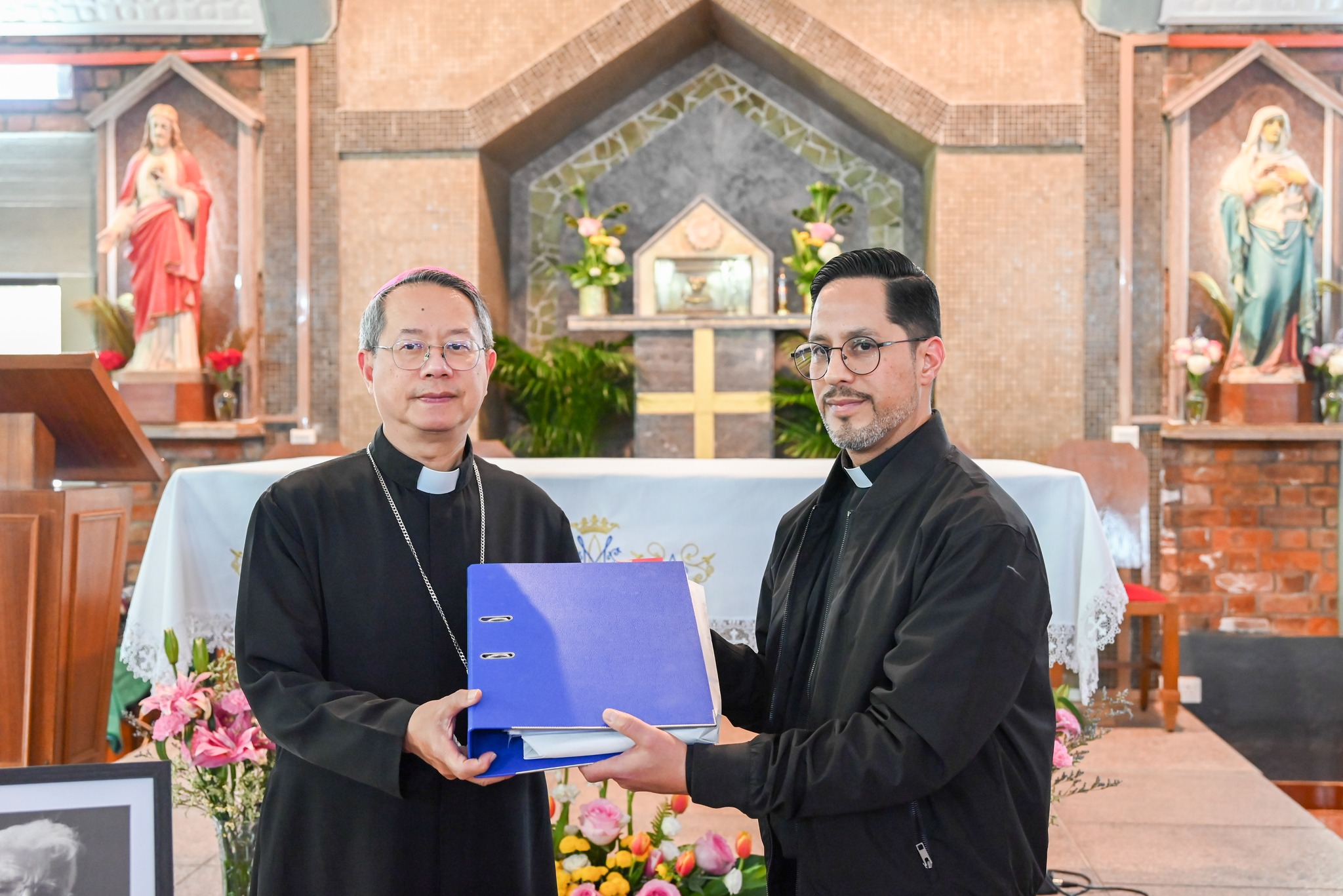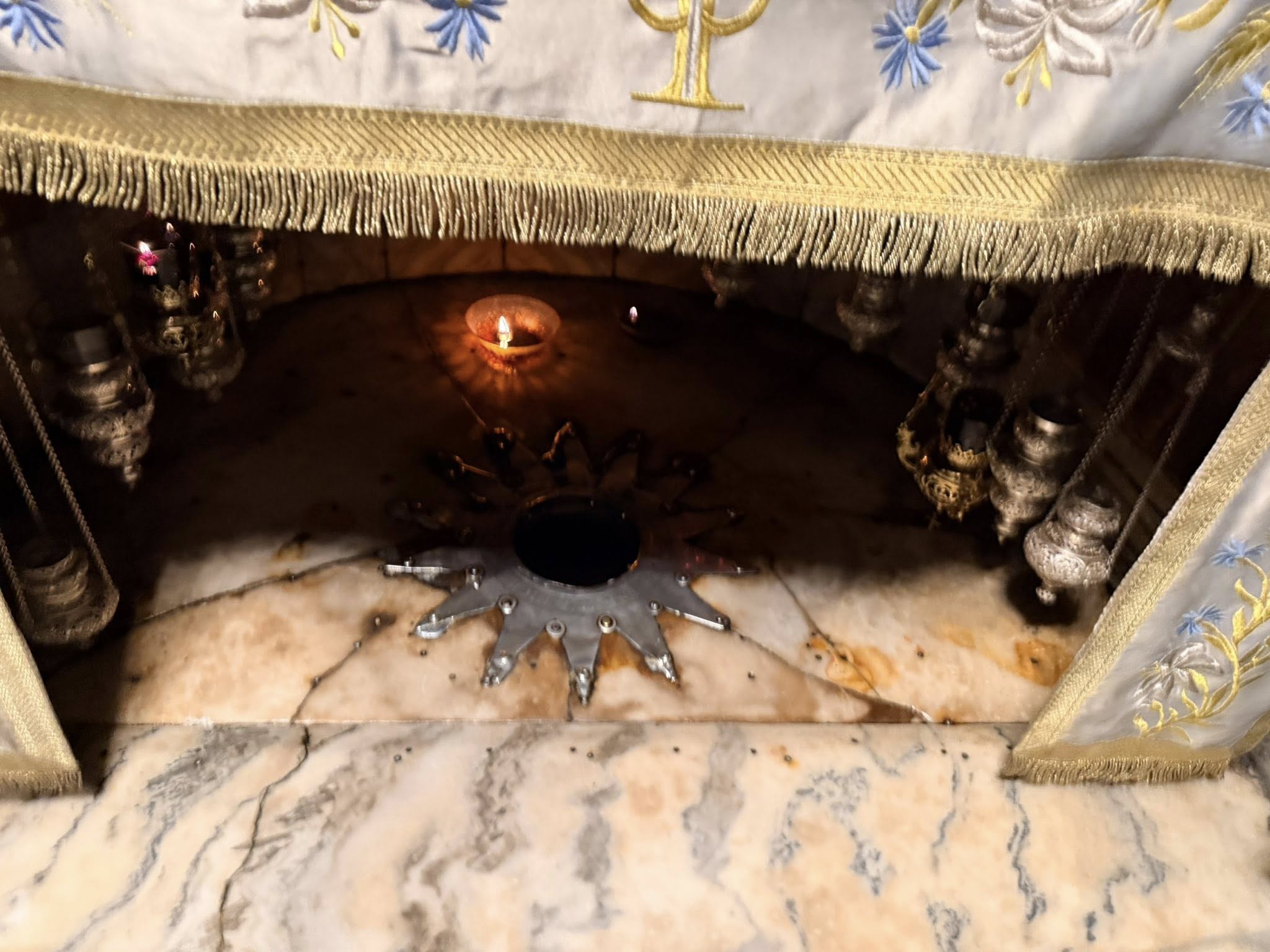Fr Leonard E Dollentas
The readings for this Sunday remind us that God sees the heart. He listens to those who are humble and cries out for justice. He does not turn away from the poor or the weak. Instead, He cares for those who trust Him. This Sunday shows us further the difference between pride and humility. Humility involves recognizing our true place in relation to God and others, avoiding arrogance, and admitting when we are wrong.
A newly commissioned army colonel had just moved into his office, when a low-ranking soldier ( a private) entered with a toolbox. To impress the private, the colonel said “be with you in a moment, soldier! I just got a call as you were knocking.” Picking up the phone, the colonel said “General, it’s you! How can I help you?” A dramatic pause followed. Then the colonel said “No problem. I’ll phone the Presidential Palace and speak to the President about it.” Putting down the phone, the colonel said to the private “Now, what can I do for you?” The private shuffled his feet and said sheepishly, “Oh, just a little thing, sir. They sent me to hook up your phone’!( the lowly soldier knew all along that that the colonel was just boasting)
People often feel awkward about regarding humility as a virtue at all. Is it really a good thing to feel small? Or does it harm our ego and our self-confidence. Perhaps the word “humble” is too often misused, applied without much thought to dwellings that are shoddy or neglected, to efforts that are half-hearted failures and to characters who adopt a pose of false modesty in order to win approval. Genuine humility is simply recognizing the essential truth about ourselves. It is honest self-appraisal, in God’s presence, with no pretences, masks or poses. Iin the presence of the all-holy, all-powerful God each of us knows himself/herself as weak, imperfect and indeed sinful; and with this we recognise our need for mercy. There is no bribe that we can offer to blot out our guilt. There is no pressure we can exert (as we might among ourselves) to gain a credit we do not deserve. Our best recourse is a humble spirit; this attitude will draw down on us divine mercy and grace. The Publican felt this need for complete honesty, as he stood in the Temple of God. “Lord, be merciful,” he said; and went home with his sins forgiven and with relief in his heart.
On the other hand, what’s wrong with the outlook of this Pharisee in the gospel, if anything? After all, he leads an admirable life and gives good example within the Jewish tradition. According to his self-appraisal, he kept all the rules, from fasting and almsgiving to honesty and purity. There was real effort there, a commitment to holiness within his tradition. But his virtues made him to forget that he remained weak and sinful, like other people. His sense of punctilious holiness took the place of prayer. He goes so far as to despise others, while giving thanks for his own merits. And by this attitude, he undermines his other virtues. Pride is like a worm, destroying the apple at its core. Indeed, it turns him from speaking to God, to talking about himself. His prayer dies.
This warning may apply to our church’s attitude, towards God and others. In the past, didn’t we sometimes take a stance of collective pride, towards people of other religions? We claimed ours as the fullest expression of Christ’s Church, with the best moral standards and sacramental practice, promoting a visible world-wide bond among believers. We continue to value these things and want to share them with people who are searching for the truth. But we must resist the temptation of looking down on outsiders, to belittle their values or under-rate their sincerity? We need to guard against self-righteous Catholicism and sincerely respect other pathways of faith. Leave it to God to judge the merits of other persons and their faiths. It is enough for us to trust in his mercy, recognise our own imperfections and try to live by the spirit of compassion.


 Follow
Follow


